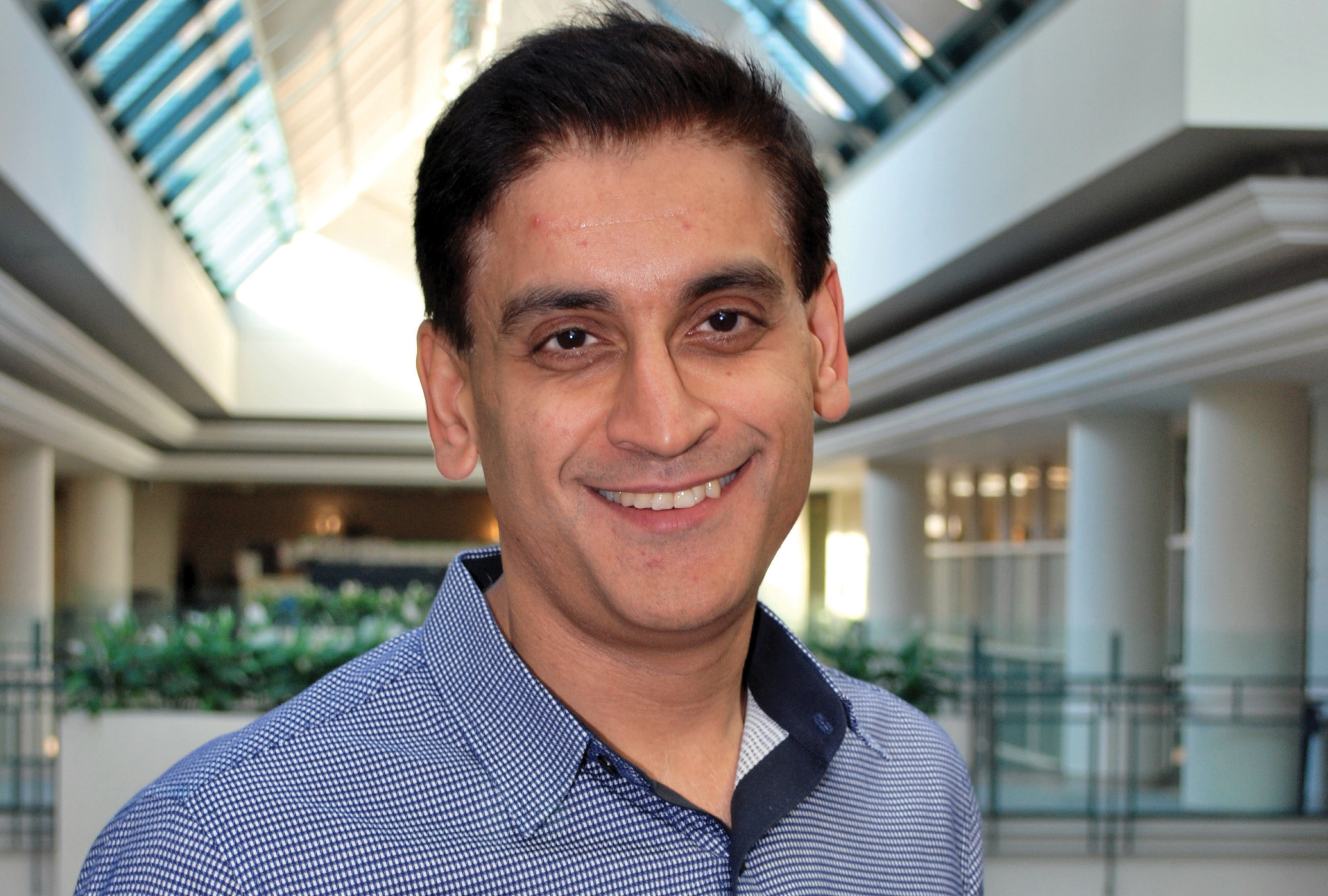OMA and Ministry of Health join forces to cut unnecessary forms
System-wide burdens on overworked physicians need system-wide solutions.
The Ontario Medical Association-Ontario Ministry of Health Bilateral Burnout Task Force aims to bring key stakeholders together to help improve the physician experience across the province, said Dr. Simron Singh, a medical oncologist at Toronto’s Sunnybrook Health Sciences Centre.
Dr. Singh sits on both the OMA’s own Burnout Task Force and the Bilateral OMA-Ministry Task Force, which has been meeting for more than a year.
Surveys in March 2020 and March 2021 of Ontario physicians, residents and medical students identified administrative burden as one cause of burnout. And the pressure of excessive administrative tasks is a Canada-wide problem. The Canadian Medical Association’s 2021 National Physician Health Survey found that physicians spend more than one extra working day – 10 hours a week – on administrative tasks.

Dr. Singh said the Bilateral Task Force decided one of its first priorities would be to reduce the number of forms physicians must fill out. “There are different types of forms: Ministry of Health forms; insurance forms; forms required from OHIP,” he said.
Dr. Simron Singh is a medical oncologist at Toronto’s Sunnybrook Health Sciences Centre. He sits on both the OMA’s own burnout task force and the Bilateral OMA-Ministry Task Force.
The OMA Burnout Task Force conducted two member surveys in March 2020 and March 2021:
The OMA Forms Committee has been working on reducing the number of required forms and the bilateral task force has engaged the Ministry of Red Tape Reduction to inform this work.
The goal, said Dr. Singh, is to “see if we can either reduce them or figure out if they really need to come to the desk of a patient’s family doctor.” As a medical oncologist, Dr. Singh said he is asked to fill out forms related to parts of his patient’s life he is not privy to. He said issues need to be addressed about whether the information is really needed and whether the right person is being asked to provide that information.
To achieve system-wide solutions, the task force needs to collaborate with many stakeholders, including organizations such as the Canadian Life and Health Insurance Association and the Ontario Hospital Association, to both streamline the information these groups need and also reduce the administrative burden on physicians, Dr. Singh said.
The task force is also developing a strategy to ensure that all the different areas of the health-care system are co-ordinated on finding burnout solutions.
“We’ve done a lot of work about a common measurement strategy so everybody’s measuring burnout in the same way. If you don’t measure it, you don’t really know what’s happening — whether your initiatives are landing or not, or whether they’re making impactful differences.”
“I think at the one-year mark, our task force is looking back at the achievements that they made. A lot of it is engaging with stakeholders. A lot of it is building this infrastructure.”
The duration of the task force’s work will be a decision of the OMA and the Ministry of Health, but Dr. Singh said he hopes the group’s work will go on for some time.
“There’s a lot of work to be done in the next year going into a bit more detail around this forms work and starting to look at other initiatives that deal with some of the more complex problems. There’s been some talk about health information systems and other areas that we know are big drivers of burnout.”
Katherine Kerr is an Edmonton-based writer.